What Is Belly Rot: Tips On Avoiding Rotting Vegetable Fruit
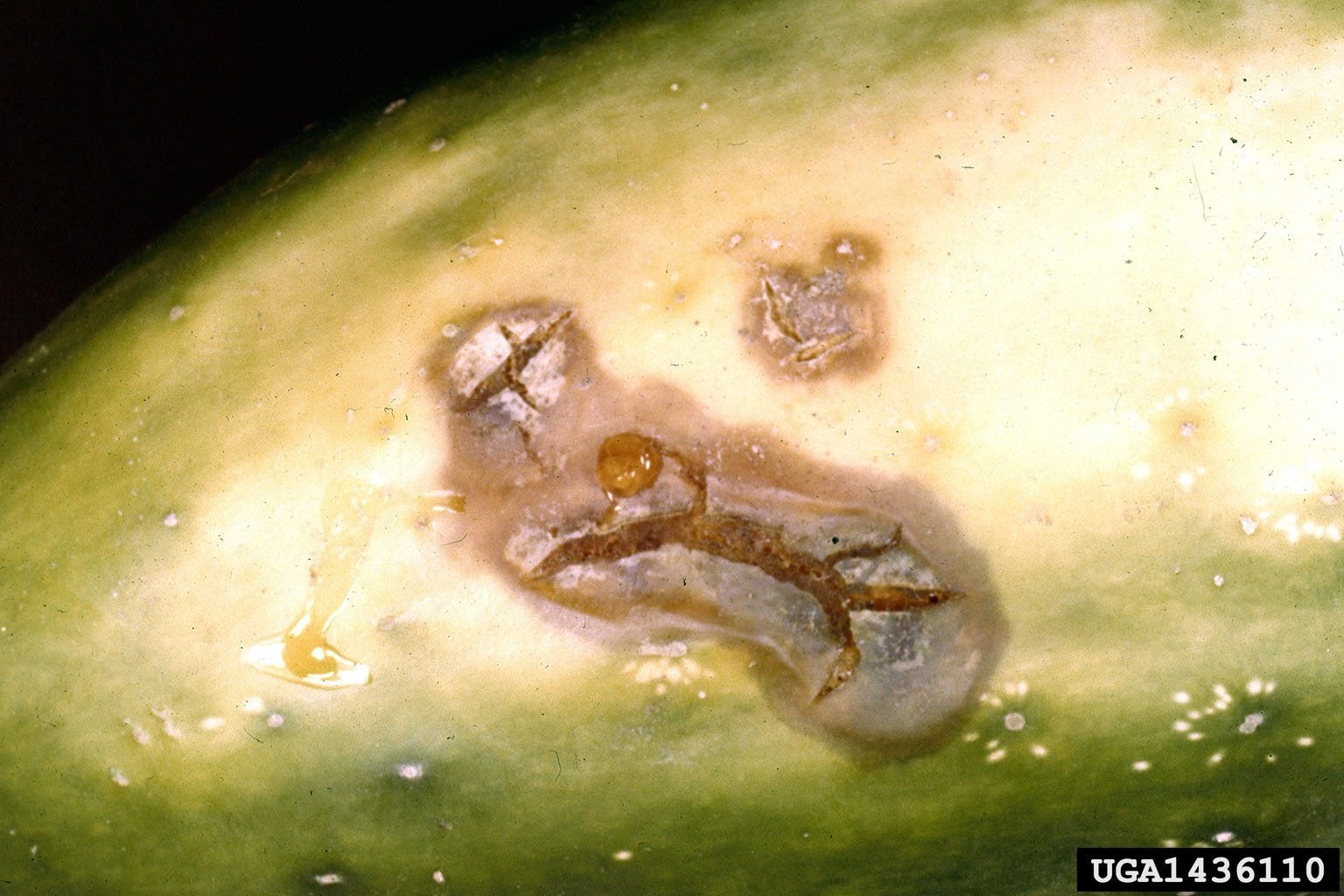
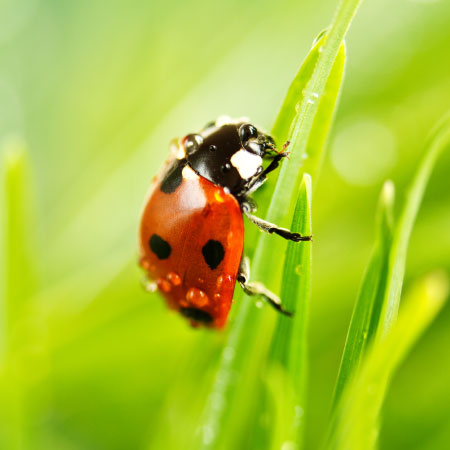
An overeager cucurbit producing bushels of cucumbers, melons, or squash feels like a plague in the garden by midsummer, but there are worse things that can happen. Rotting vegetable fruit, caused by rhizoctonia belly rot, is one of those things. As difficult as disposing of healthy vegetables can be when your zucchini explodes into life, it's a much bigger task dealing with bad fruits.
What is Belly Rot?
Belly rot in fruit is caused by the fungus Rhizoctonia solani, which survives in the soil from year to year. The fungus becomes active when humidity is high and temperatures warm, causing obvious signs of infection within 24 hours and entirely rotting fruits in as little as 72. Temperatures below 50 degrees F. (10 C.) can slow or prevent infection. This is primarily a disease of cucumbers but may cause belly rot in fruit of squash and melons as well. Fruits that are in direct contact with the soil develop small, tan to brown water-soaked spots on the ground spot. As the disease spreads, the spots expand and become crusty and irregularly shaped. An advanced case of rhizoctonia belly rot causes these spots to sink, crack, or appear crater-like. Flesh near the lesions is brown and firm, sometimes extending into the seed cavity.
Preventing Rotting Vegetable Fruit
Crop rotation is one of the best ways to prevent rhizoctonia belly rot, especially if you rotate with grain crops. If your garden is small, though, crop rotation may be difficult. In that case, you must do what you can to minimize contact between fruits and fungal structures. Start by tilling your garden deeply, or even double-digging when possible. The deeper you can bury the fungus in the soil, the less likely you'll be bothered by it. Once plants are growing, a thick, black plastic mulch can prevent fruit from contacting the soil directly, but you must still water carefully to avoid over saturating the fruits or the soil. Some gardeners put their young fruits onto small mounds made from wood, shingles, wire, or mulch but this can be labor intensive. Another way to get your fruits off the ground is to train them to a trellis. Not only does trellising save space, it can prevent many different problems caused when fruits are in contact with the soil. Trellises keep your beds tidy and fruits within easy reach for harvesting. Just remember to support growing fruits with stretchy hammocks made from material such as pantyhose.
Gardening tips, videos, info and more delivered right to your inbox!
Sign up for the Gardening Know How newsletter today and receive a free copy of our e-book "How to Grow Delicious Tomatoes".

Kristi Waterworth was a regular contributor to Gardening Know How for many years, answering countless queries on plant pests and diseases.
-
 Looking For Plants To Give You The Soft And Fuzzies? Try These 5 Fuzzy Leaf Plant Options
Looking For Plants To Give You The Soft And Fuzzies? Try These 5 Fuzzy Leaf Plant OptionsLovers of texture, drama, silver foliage and tactile plants will adore these special sensory garden additions. These fuzzy leaf plant options will leave you all aglow
By Susan Albert
-
 Get Ready For A Summer Of Hummers! Grow These Full Sun Hummingbird Plants and Flowers
Get Ready For A Summer Of Hummers! Grow These Full Sun Hummingbird Plants and FlowersIf you’re lucky enough to enjoy a sunny backyard, make sure you are maxing out on your pollinator opportunities and grow these full sun hummingbird plants and flowers
By Tonya Barnett
-
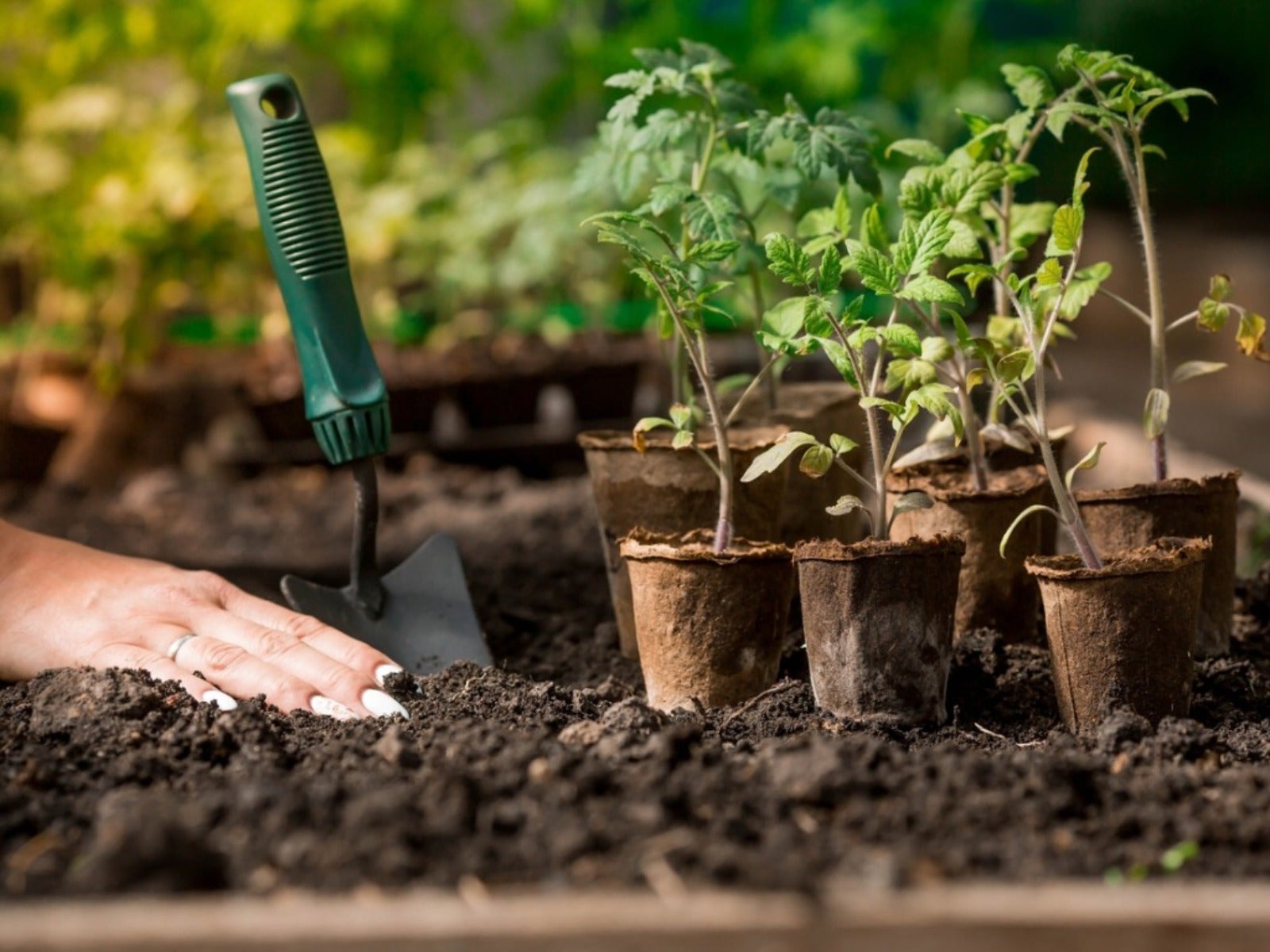 How Many Vegetables To Plant Per Person For A Year
How Many Vegetables To Plant Per Person For A YearGauging how much to plant in a vegetable garden can eliminate waste while still producing enough for your family. Click for more.
By Bonnie L. Grant
-
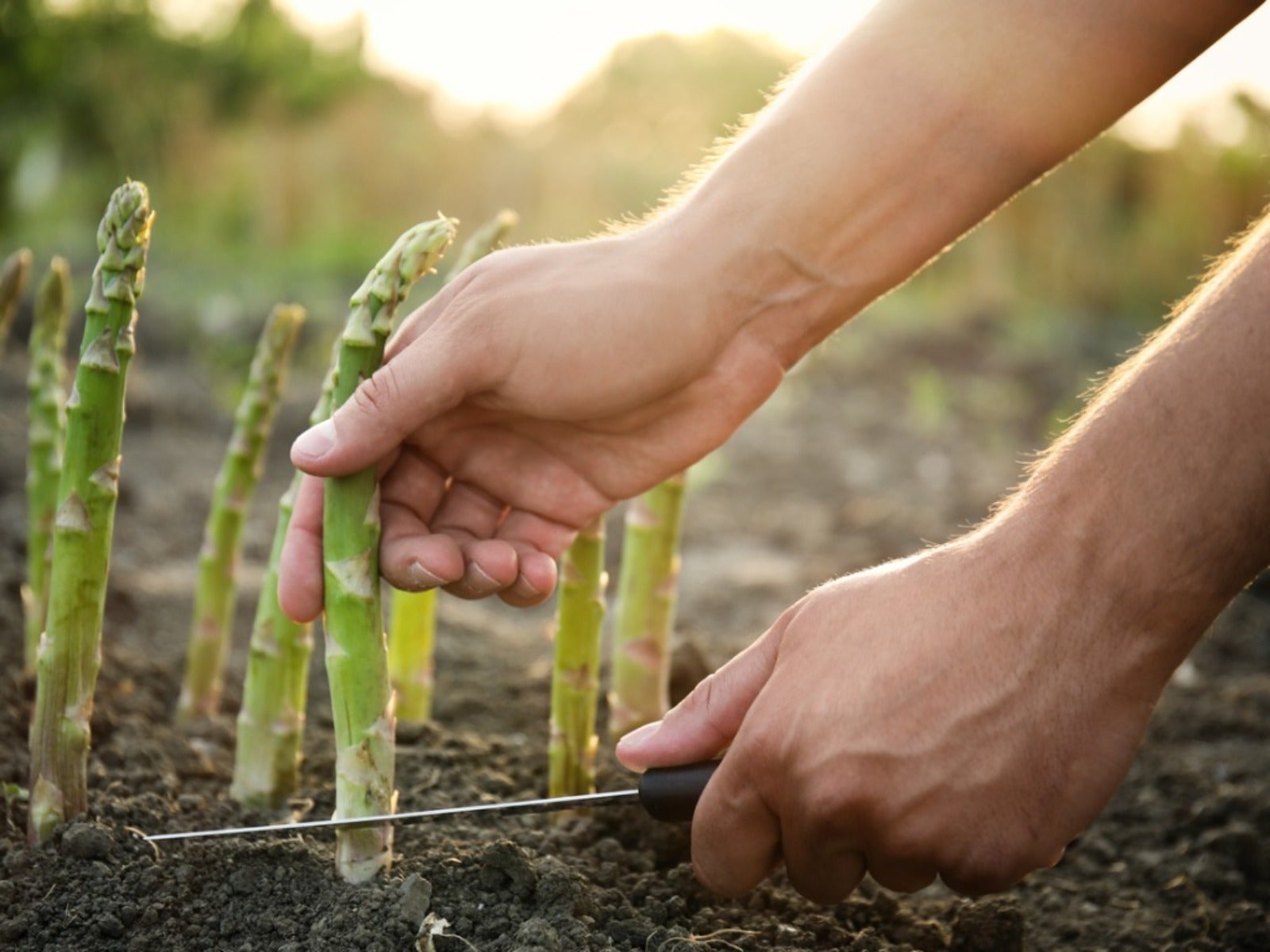 13 Perennial Fruits And Vegetables You Only Have To Plant Once
13 Perennial Fruits And Vegetables You Only Have To Plant OnceLooking to set it and forget it? Find out which fruits and vegetables can be grown as perennials.
By Laura Miller
-
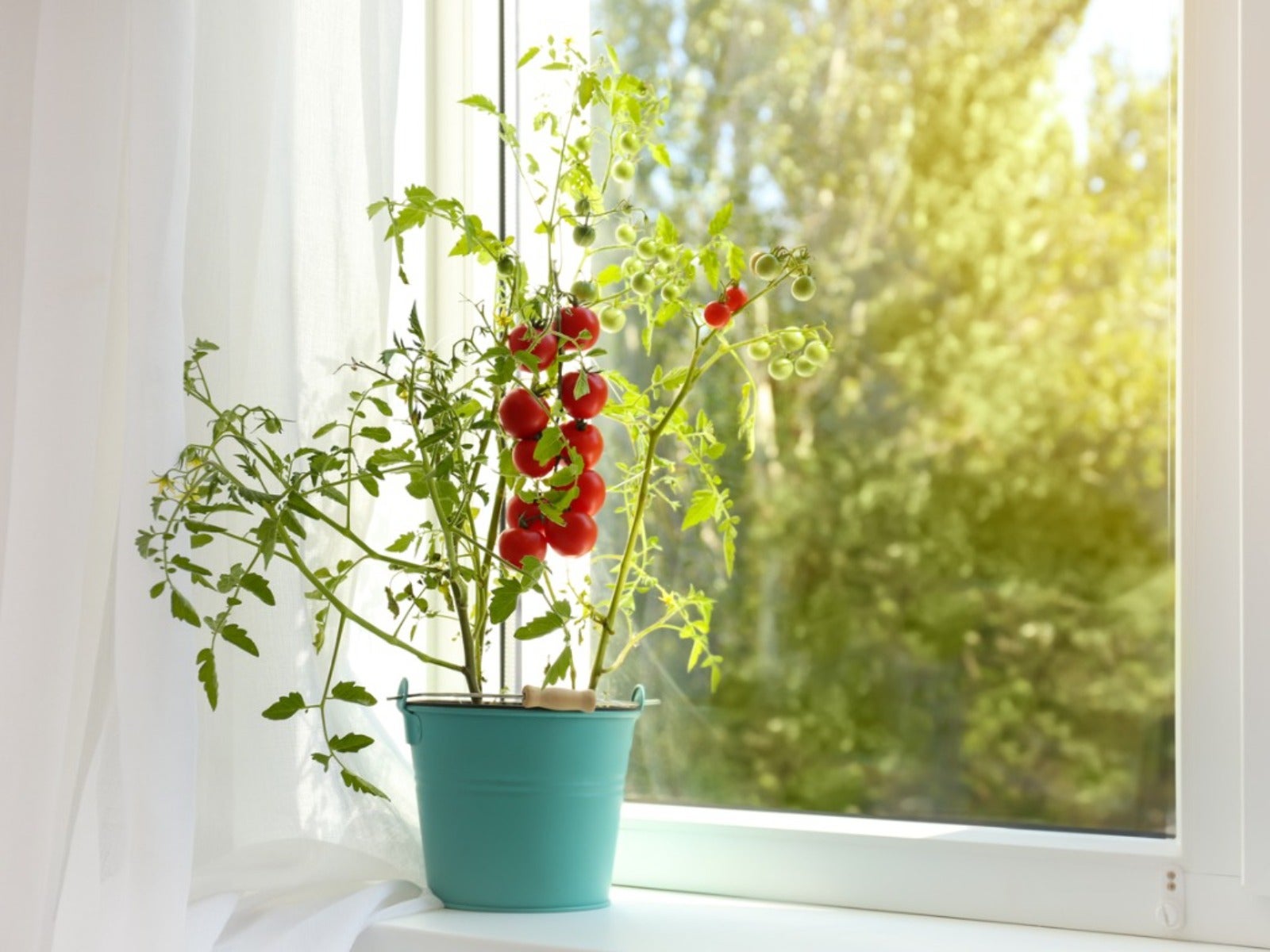 11 Edible Plants For A Year-Round Garden In A Bucket
11 Edible Plants For A Year-Round Garden In A BucketWant to know how to grow food inside your house and which foods do best indoors? Click here to learn all about it.
By Bonnie L. Grant
-
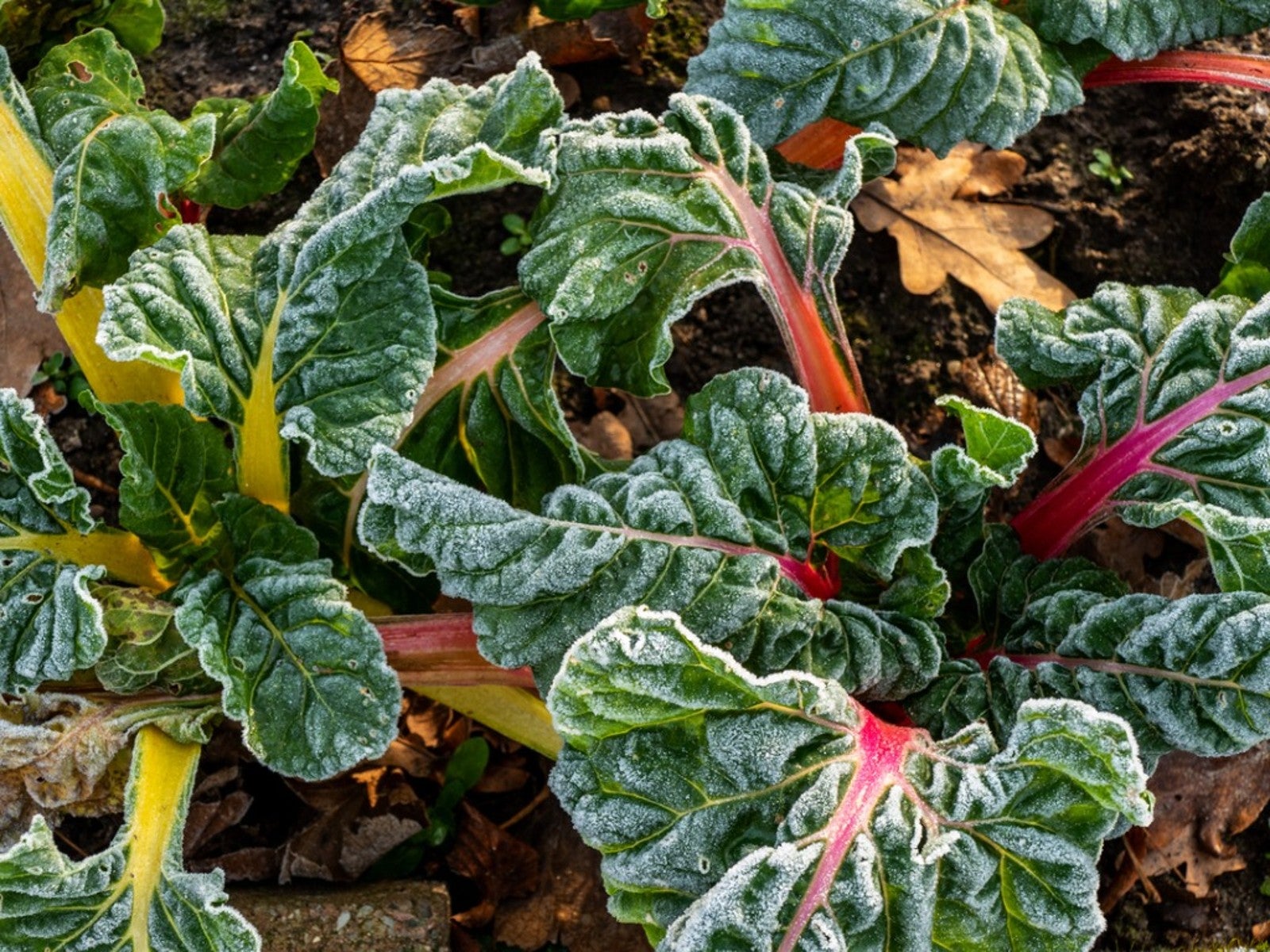 Frost Tolerance Of Vegetables From Least To Most Hardy
Frost Tolerance Of Vegetables From Least To Most HardyHow cold can vegetables tolerate? Knowing which veggies will survive frosts and freezes is essential for the success of your garden. Click here for more.
By Laura Miller
-
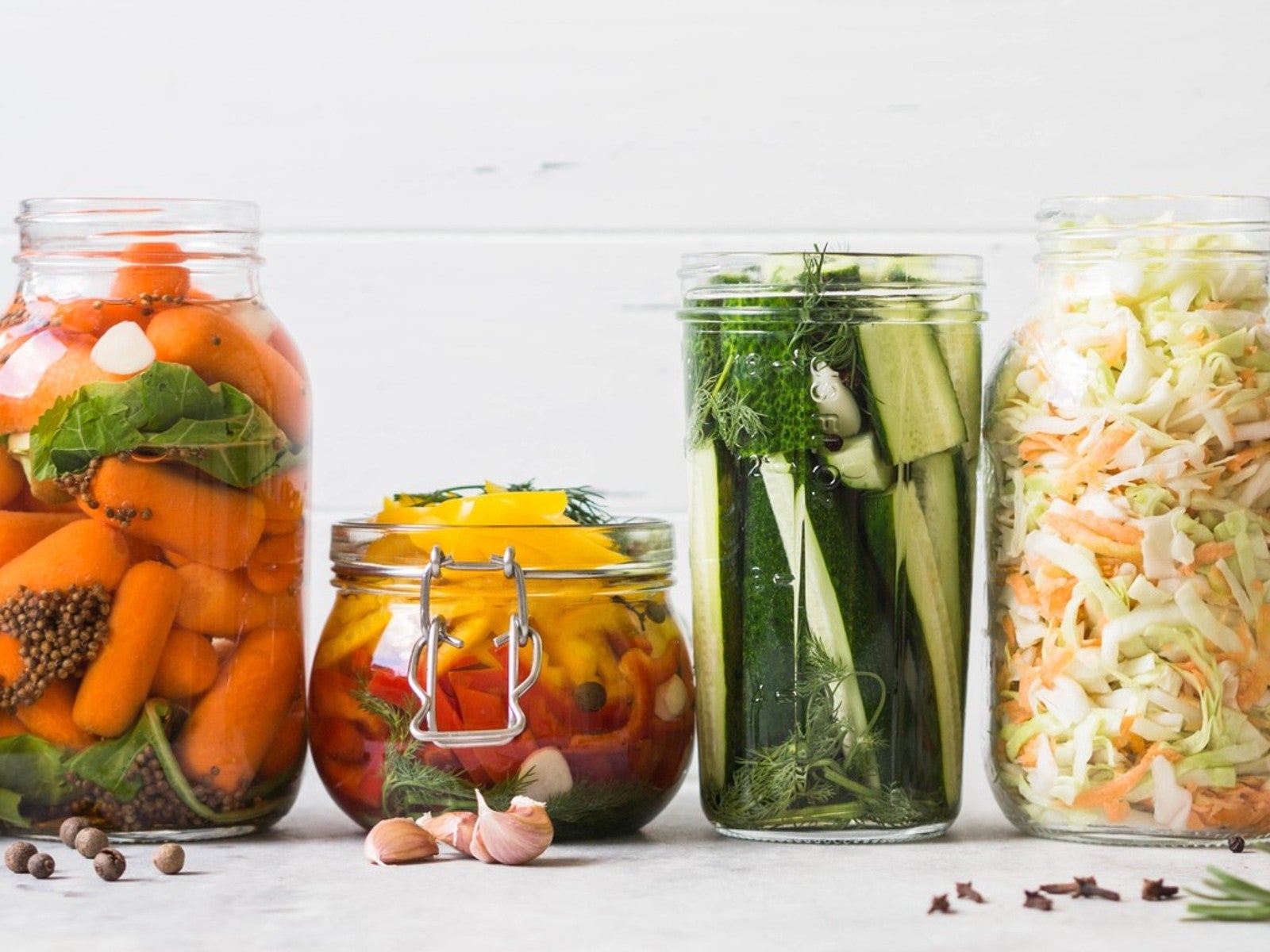 Best Vegetables To Pickle Straight From The Garden
Best Vegetables To Pickle Straight From The GardenPickles aren’t limited to just cucumbers. Read on for tips on pickling your fresh veggies.
By Amy Grant
-
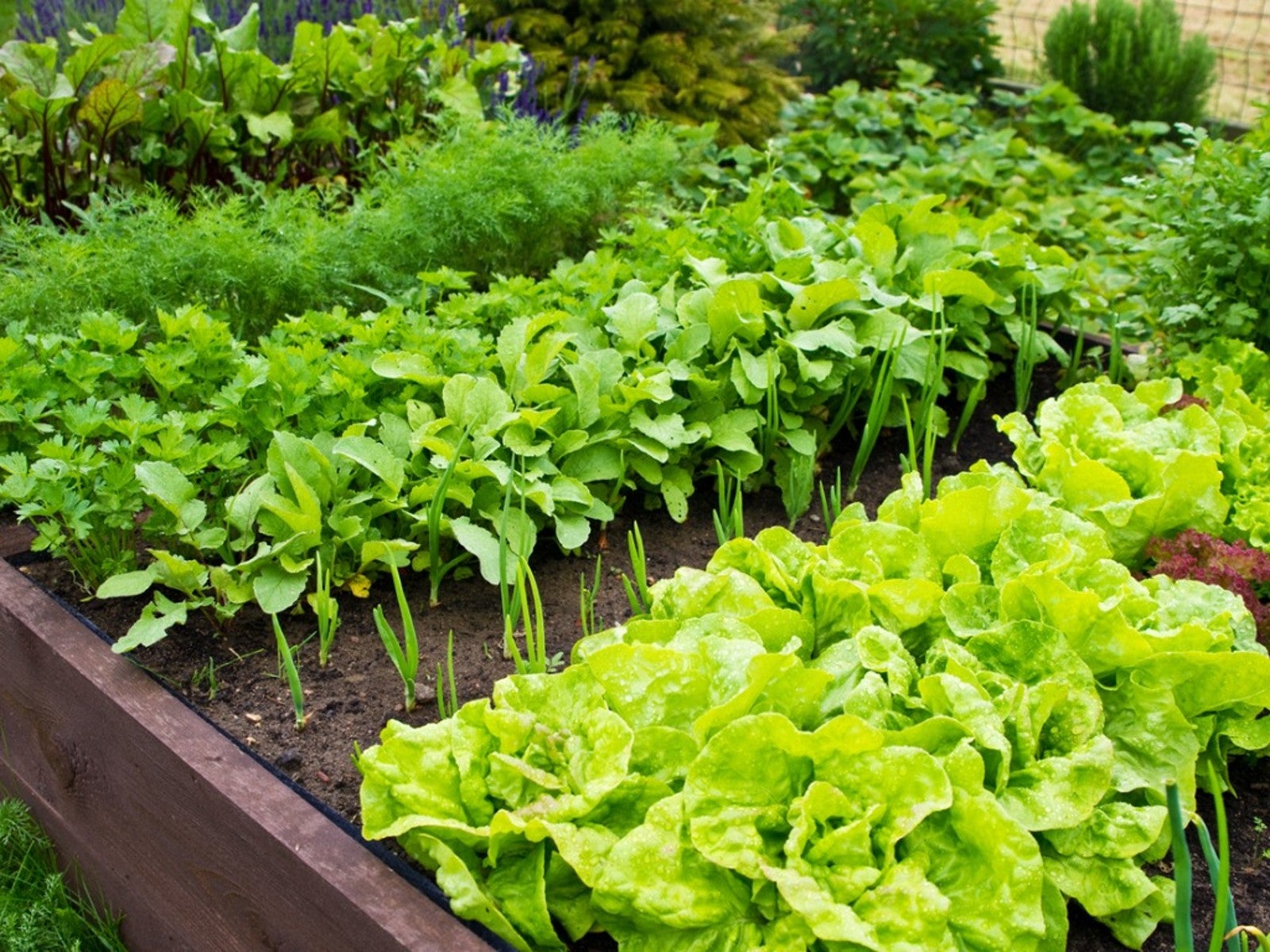 Benefits Of Planting In Fall Vs. Spring Vegetable Plots
Benefits Of Planting In Fall Vs. Spring Vegetable PlotsLearn why some vegetables do better if you plant them in fall instead of spring.
By Laura Miller
-
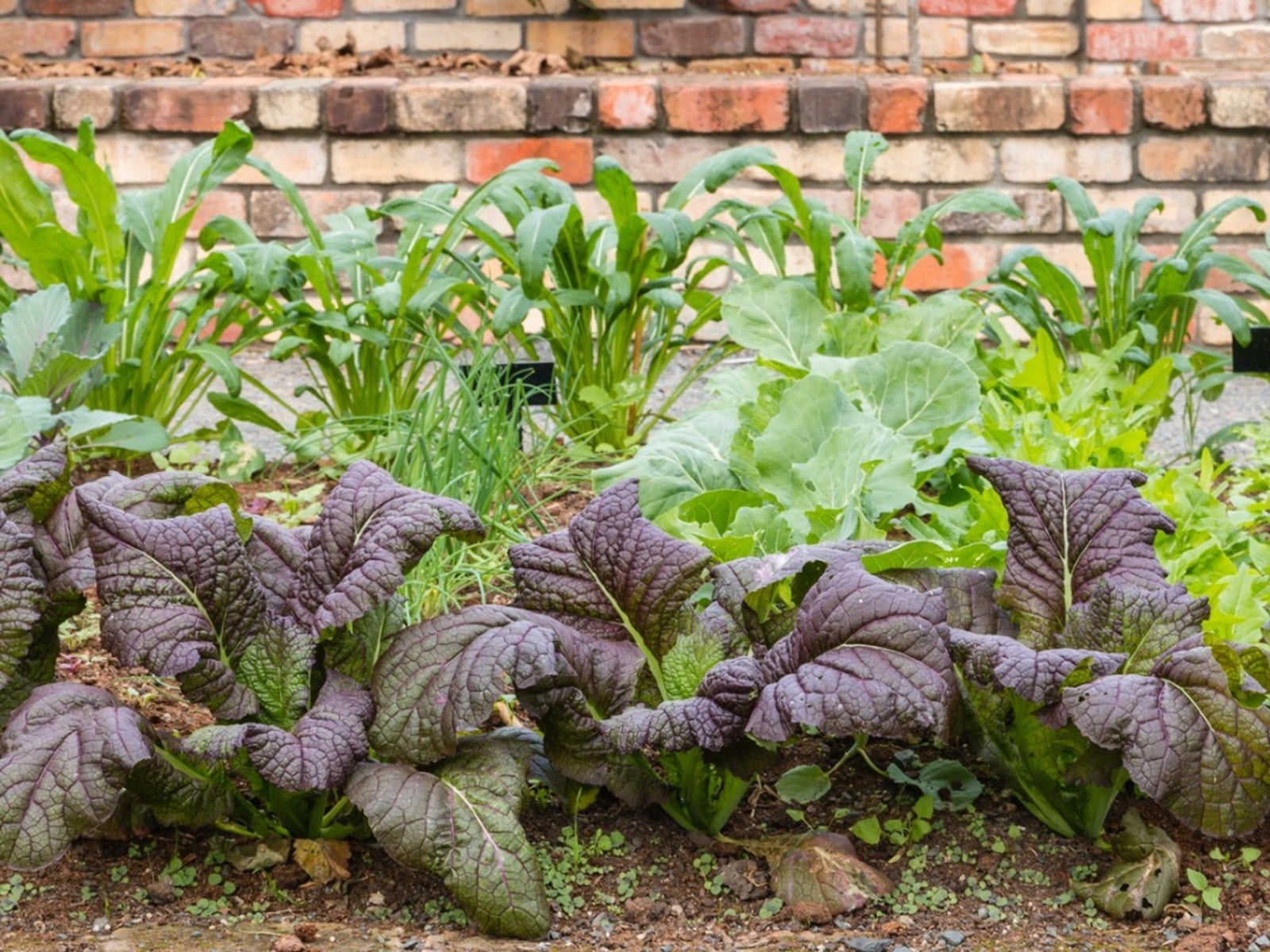 Interplanting Vegetables In The Fall Garden
Interplanting Vegetables In The Fall GardenLearn all about the benefits of interplanting vegetables for your fall garden.
By Laura Miller
-
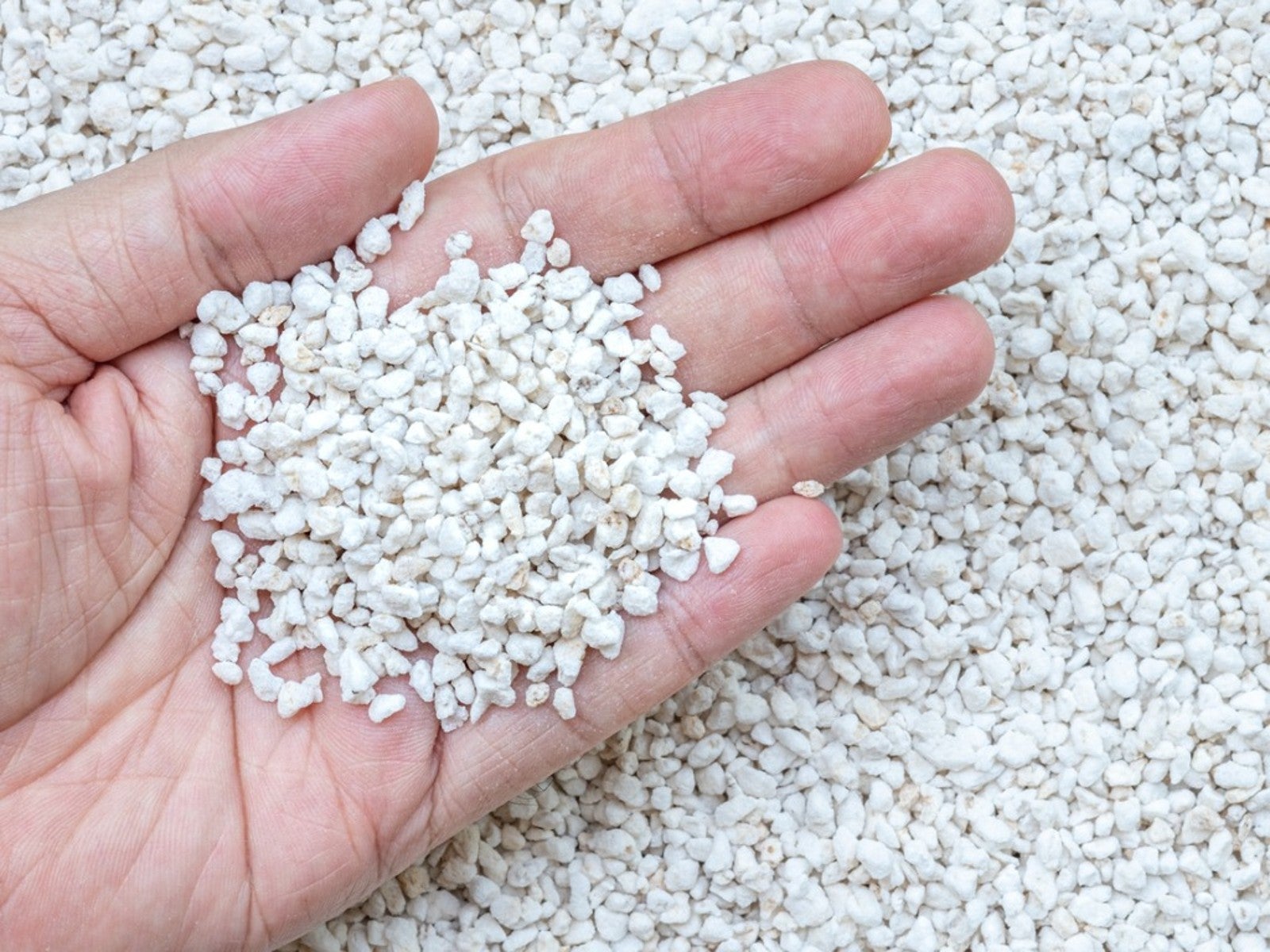 Best Vegetables For Growing In Perlite
Best Vegetables For Growing In PerlitePerlite is a natural growing medium that comes from super-heated volcanic glass. In some cases, it works better than soil. Read on for more info.
By Laura Miller